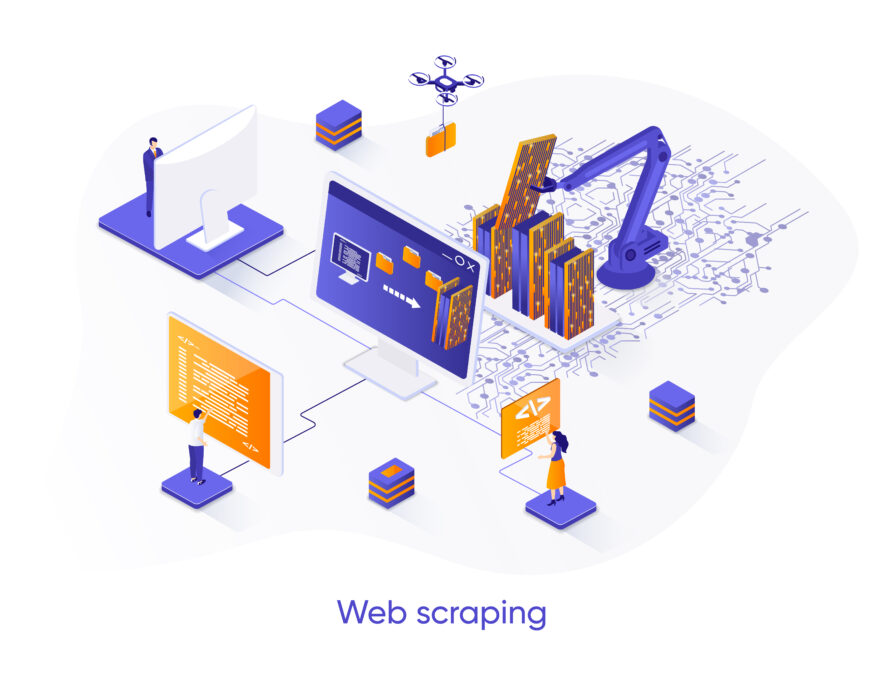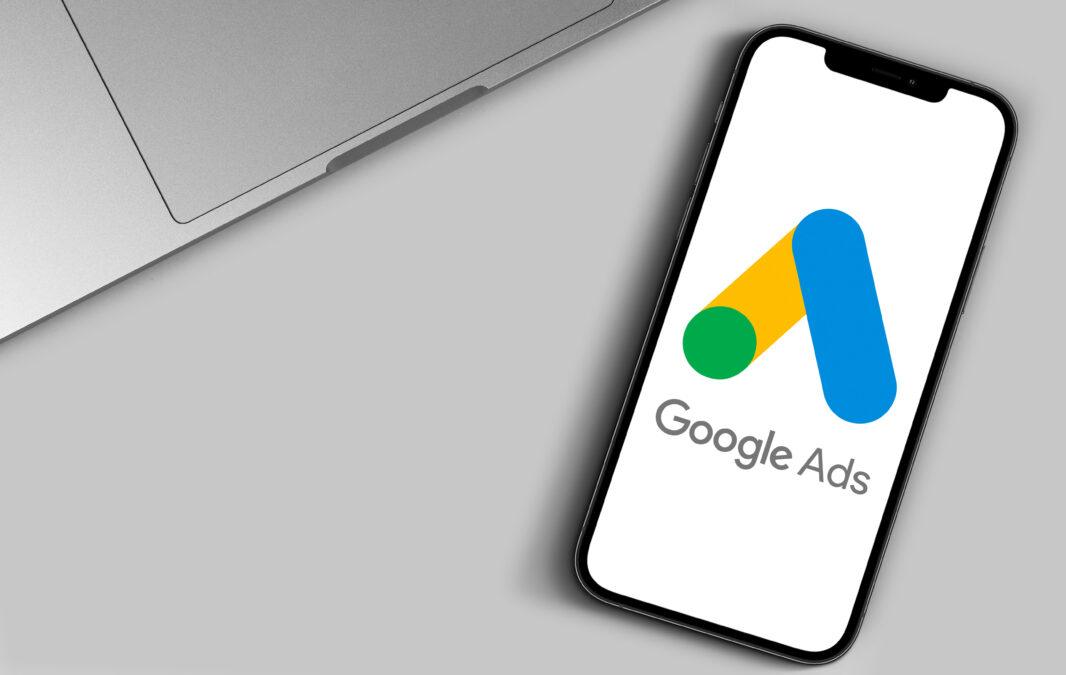Generation Z, those born between 1996 and 2015, never experienced a world before the internet. In fact, to them, there is no “internet” or “online” – the digital experience is their human experience and, as such, they require a distinct approach when it comes to selling them products and services.
A study conducted by The Center for Generational Kinetics, commissioned by WP Engine reveals Gen Z consumers to be internet reliant, with high expectations of what online services should deliver for them. Indeed, 32% of Gen Z would stop visiting a website if it didn’t anticipate what they needed, liked or wanted. Meanwhile, 31% predict future web experiences will adapt to their personal preferences. Bearing in mind that Gen Z is well on its way to becoming the largest generation of consumers by next year, it’s high time that businesses paid attention to their requirements and tailored their services for future generations of consumers.
Gen Z are social media-minded. However, they use these platforms in ways that older generations wouldn’t. In contrast to the over-sharing of Millennials, Gen Z prefers to share very specific stories, to specific people, on specific channels. They are fans of constant but focused interaction and believe current ways of reaching them online are outdated and will soon be rendered obsolete.
Gen Z also want their online experiences and interactions to be authentic and transparent. As such, the old rules about marketing to younger audiences no longer apply. Gen Z’ers don’t mind digital ads, but only 9% of Gen Z said celebrity endorsements would appeal to them in brand advertising. This is a big departure from what we’re used to seeing about interacting with audiences, particularly because we’re used to associating celeb culture with younger consumers. Businesses should prepare to adjust their expectations about their consumer groups and pay close attention to how they are evolving and changing.
How the enterprises have embraced social media
Perfecting the personal experience
Right before our eyes, we’re seeing the death of a broad-brush internet and untargeted online services. The next generation of shoppers don’t want to be bombarded with content that doesn’t relate to them, particularly if it doesn’t speak their language. Gen Z is looking for online services that don’t just reactively show them content based on what they have already viewed. What they really want are services that can use those insights to proactively create an online experience that predicts what they want to see, even before they go to the search field.
Some 24% of Gen Z consumers believe websites will predict what a person wants; 31% think websites will recognise and adapt to the user to create a unique, optimal experience; and 42% believe that everything, from clocks to all types of appliances, will be connected to the internet. Yes, we’re already seeing the beginnings of these things happening, but the pace of change has to accelerate.
When we go to a brand website, we all usually see the same things barring some shopping recommendations based on previous purchases. But 55% of respondents from all age groups believe that all websites will “talk” to each other so that every site, app, or appliance will present a personalised experience. That means there will no longer be just one website for each brand, but billions. Each one will be as distinct and unique as the user experiencing it.
Explainable AI : The margins of accountability
Building for the future
So what should brands do now to prepare for this next generation of shopper that will have an increasing amount of buying power? First, they have to focus on the platforms they already have. They have to make sure their sites are – suitable for Gen Z consumers who want the internet to tell them what they want.
Secondly, brands have to focus on content. Given their inherent digital background, Gen Z doesn’t view the internet as a global repository of stored information as their predecessors do. Rather, it’s a door to empathy and entertainment. And even though they are perhaps the most connected generation, they are selective in how and with whom they choose to connect. To truly understand them, you must entertain them first and that will build the connection.
Gartner warns skills shortage could hamper digital transformation efforts
Currently, Gen Z consumers are underrepresented in the workforce – in fact, many are still trying to get their first jobs. However, the expectation is that older generations should understand their needs now, without having to wait for Gen Z workers to help them. And with even Millennials differing to Gen Z in many ways, it’s a difficult balancing act to make sure everyone’s needs are met.
The predictive internet is coming. It has to, Gen Z shoppers are already expecting it. But this vision for the internet isn’t one that benefits the youngest shoppers alone, it helps all of us who are time-poor and need services to be more useful by better understanding us. The onus is therefore on the brands to make it happen now, in order to protect their future for tomorrow.

Written by Fabio Torlini, Managing Director of WP Engine EMEA







